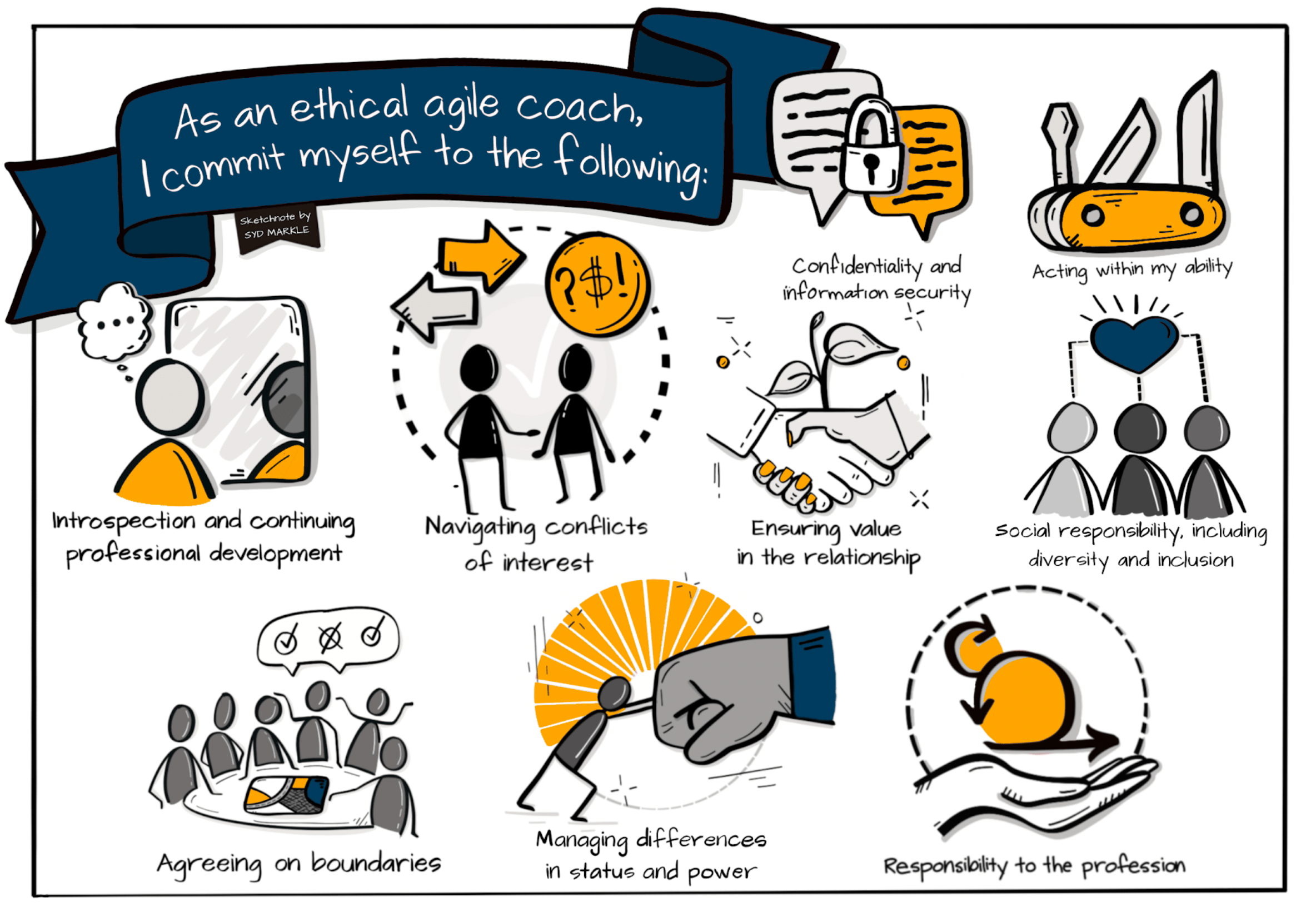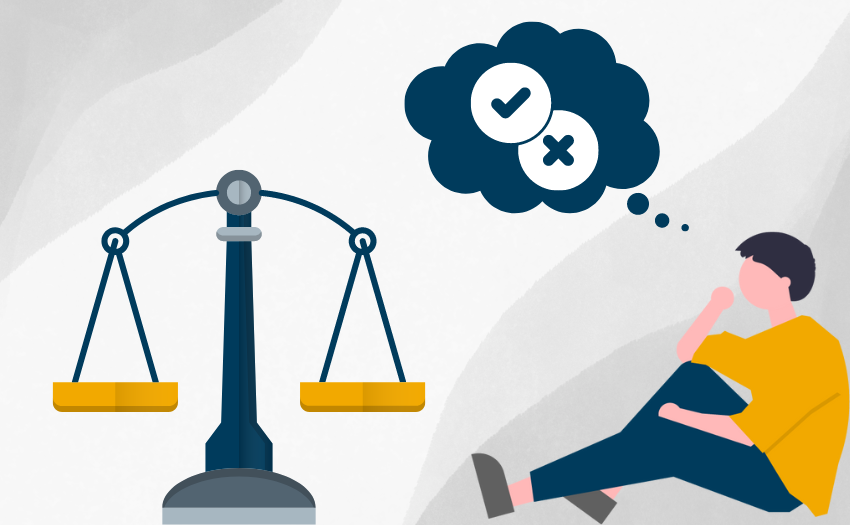Creating a Code of Ethics for Agile Coaches
More than thirty agile coaches collaborated to create a draft code of ethics for agile coaches under the umbrella of the Agile Alliance, an independent non-profit that strives to advance the state of agile practices worldwide.
The code of ethics aims to promote professional conduct and ensure that coaches prioritize the interests of their clients and the agile community over their own interests. The code emphasizes the importance of respecting client confidentiality, providing honest and transparent feedback, and avoiding conflicts of interest. The draft code also outlines a process for reporting ethical violations and encourages coaches to continue their professional development.

Image from Agile Alliance, released under the Creative Commons, Attribution, Share Alike 4.0 license
In order to represent the wider agile community, the committee solicited volunteers with diverse backgrounds and experiences. Several of the volunteers hold the ICAgile Expert Certification in agile coaching, are authorized instructors with ICAgile, or helped create ICAgile’s course Learning Outcomes.
ICAgile’s Ongoing Commitment to Ethical Agile Coaching
All of ICAgile’s coaching courses and programs aim to engage learners in discussions about these situations to equip them with the knowledge and skills necessary to navigate them in an ethical manner. We understand that there are many tough situations with gray areas in coaching, which is why it is crucial to have conversations about how to handle them ethically.
In addition, our coaching courses and programs emphasize the importance of being aware of one's own biases and the way one shows up in coaching situations. Without this awareness, agile coaches can unintentionally do more harm than good. By leading conversations around ethics in the field of agile coaching, we hope to set a standard for ethical behavior and equip coaches with the tools necessary to act ethically in all situations.
We encourage all agile coaches to review the ethics code and commit to following it.




